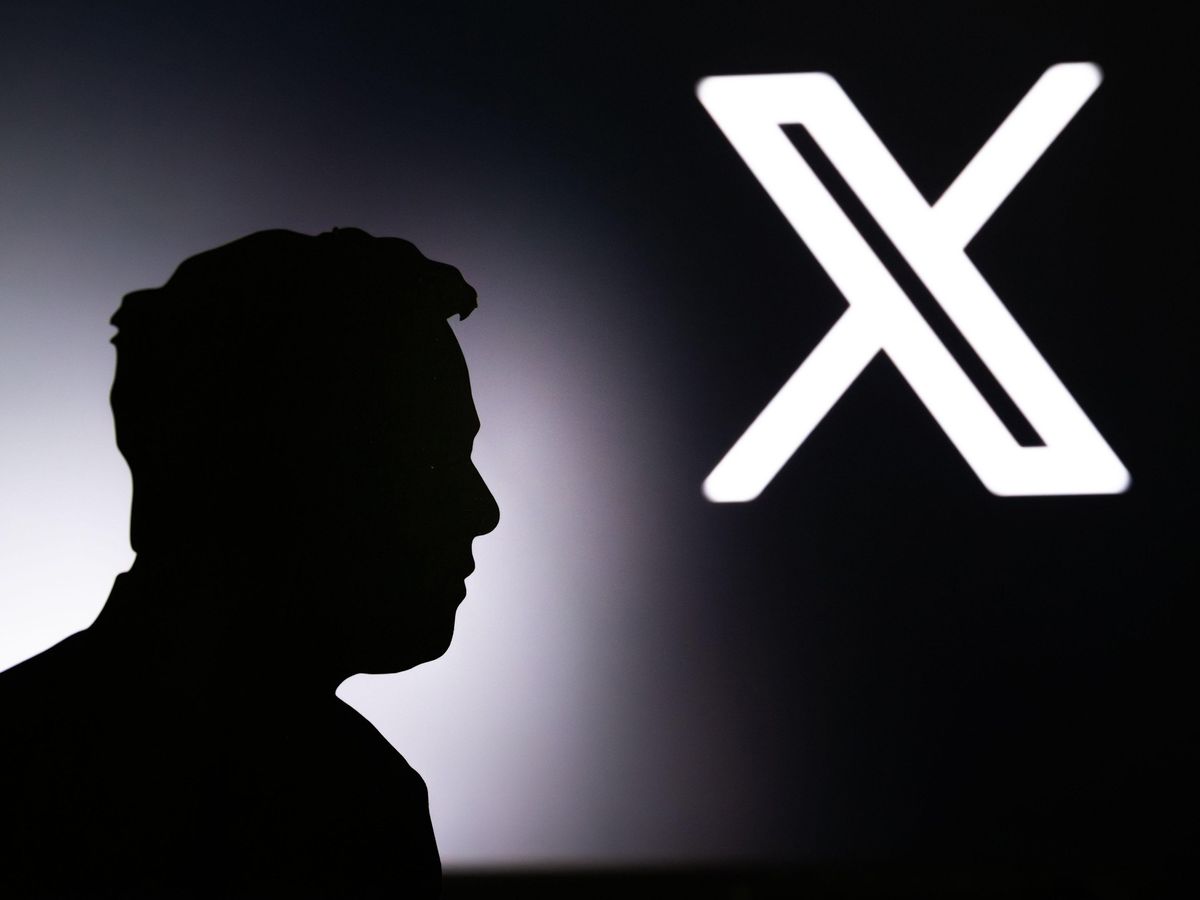Twitter is dead: long live X.
Elon Musk’s decision to axe the iconic Twitter brand for his favorite letter of the alphabet has left many puzzled. But Musk’s reason for the rebrand is well-defined: he wants to make Twitter an “everything app.”
There’s obvious utility in this technology, but there’s also an obvious problem: Online payment is already a solved problem.
“An example would be WeChat, where you basically could do everything in one app,” says Alessandro Bogliari, cofounder and CEO at The Influencer Marketing Factory. “You can pay other people…you can pay the bills, you can look for offers, you can buy products. You have this ecosystem where all the different components are together, and you can easily switch between ‘mini-apps.’ ”
What’s an “Everything App?”
The concept of an everything app or, as some call it, a “super app,” rose to prominence around 2015 and 2016 as international media became aware of WeChat’s massive popularity (and utility) in China. Though users in the United States and some European countries know WeChat best for its messaging features, the app is a constant companion for many Chinese citizens.
“Recently, when I took the airport bus in Shanghai Pudong Airport, I couldn’t find an ATM that would work for me at all. But if you have a phone with the WeChat app, or Alipay, you can go anywhere,” says Min Jiang, professor of communication studies at the University of North Carolina at Charlotte. “So, people joke that in China, even if you want to pay a donation at a temple, you don’t give them cash, but scan a QR payment code.”

WeChat (from Tencent) and Alipay (from Alibaba) are the biggest players in China, though Meituan (a shopping platform) and Douyin (the Chinese-market variant of Tiktok) are popular alternatives. And a few countries have their own uniquely successful apps, such as Indonesia’s Gojek.
The popularity of these apps stems from differences between how individuals were initially introduced to the Internet. “The U.S. and Europe started with computers, and then they moved to mobile,” says Bogliari. “While, in many areas in China, specifically rural areas, they started with phone, and then they got computers. And many places in China still don’t have easy access to the Internet via computer.”
Jiang also notes that credit and debit cards, a hugely popular method of payment in North America, most of Europe, and some Asia-Pacific countries such as Japan and Taiwan, are less popular in China (and were far less so in the past). “I think it has to do with the habits of saving, for example, and how people view and deal with money are very different. China is a huge saving society. America lives on credit cards.”
X reinvents the wheel
China’s particular circumstances were fertile ground for apps that could help people communicate, shop, and pay online, and the apps that could fill these needs—like WeChat and Alipay—were successful.
X already helps its users communicate, of course, so owner Elon Musk has fixated on online payment as a must-have feature. Musk, speaking at an all-hands meeting shortly after he acquired the company formerly known as Twitter, remarked “That’s definitely a direction we’re going to go in, enabling people on Twitter to be able to send money anywhere in the world instantly and in real time.”

There’s obvious utility in this technology, but there’s also an obvious problem: Online payment is a solved problem in the countries where X is most popular. This service is provided not only by companies like WeChat and Alipay but also Apple and PayPal, among others.
Jiang points out that WeChat Pay and Alipay “worked really hard at popularizing QR-code payment systems down to the village level.” A similar strategy could be used to bring payments (and other everything-app features) to underserved countries, but X will face serious competition from WeChat and Alipay, which have already sought to expand beyond China.
Ironically, Musk himself had a hand in building the tech behind modern online payments. He cofounded an online financial services company, X.com, in 1999, which merged with its competitor, Confinity (the owner of PayPal) in 2000. Bringing payments to the new X revisits a problem Musk already helped to solve more than two decades ago.
Smaller, but Still Super?
X faces another hurdle: It’s not especially popular.
Though frequently referenced in the media, Twitter’s user counts have always lagged those of other social media platforms. Twitter had 368 million monthly active users as of December 2023, less than one-quarter of WeChat’s base of over 1.3 billion. A 2021 survey by Pew Research found just 23 precent of U.S. adults use Twitter—a mere shadow of YouTube, which is used by 81 percent of U.S. adults.
It’s a chicken-and-the-egg problem. The concept of an everything app, as it’s commonly thought of today, implies an app with something for everybody, but it’s difficult for an app to offer a long list of features without a large user base.
Yet Hussein Fazal, cofounder and CEO of Super.com, thinks there’s an opportunity to build smaller “theme based” apps that tie multiple offerings back to a key strength. Super’s titular app is an example of this approach. It bundles travel, shopping, and payment in an app designed to help users find low prices and earn rewards. He sees similar examples in other apps hundreds of millions of people across the globe use daily.
“The best example is Uber. Uber is built around mobility. It’s getting people places. Or you look at Google Maps, which is built around location. You can get places, you can do transit, you can buy tickets, you can book hotels, you can do all of that within Google Maps,” says Fazal.

There is a glimmer of possibility in this suggestion. Despite a rough six months, X retains the core technology that allows the platform to circulate news and ideas through its audience with unusual speed. The platforms that challenged X, such as Mastodon, Bluesky, and Threads, have failed to unseat it: Meta’s Threads’ active users count is down 80 percent from its peak. X might be small compared to Facebook, but it’s clearly the king of short-form, text-forward social media.
It’s possible that X will find a way forward as a super app that meshes its unique social media platform with other capabilities. But it might be Musk himself—not the technology behind the app—that becomes the theme.
“Elon Musk is obviously a very dynamic figure, and if anyone can do it, it’s going to be him. He has the ability to really bring people together, and bring services together, and he could be that core central theme,” says Fazal—but this would likely be a more narrowly defined super app, not an everything app to challenge WeChat, Alipay, and other established platforms.
“The concept of WeChat, where it’s like one app that does everything, that’s just not going to exist in North America.”
Correction 9 Aug. 2023, 6 p.m. ET: The story was corrected to reflect that Super.com’s CEO is named Hussein Fazal, not Fazel as was originally stated.
Matthew S. Smith is a freelance consumer-tech journalist. An avid gamer, he is a former staff editor at Digital Trends and is particularly fond of wearables, e-bikes, all things smartphone, and CES, which he has attended every year since 2009.



